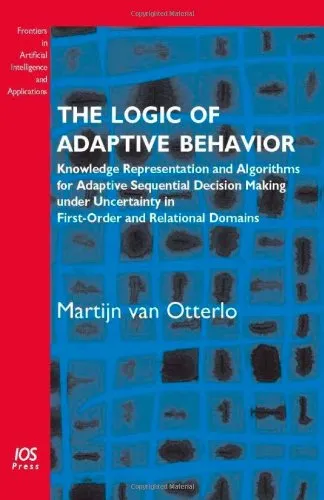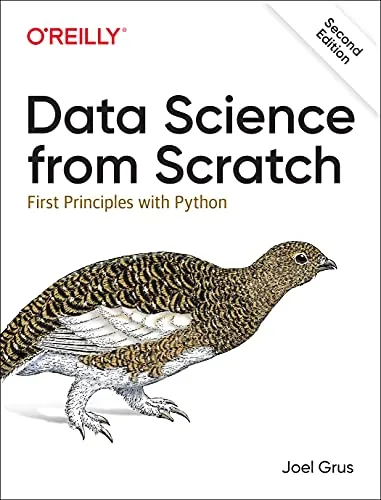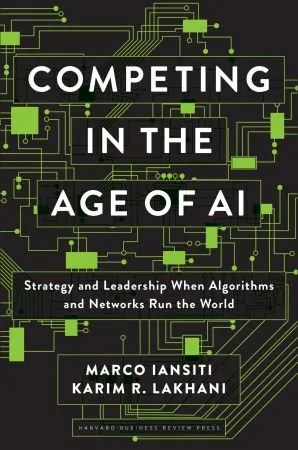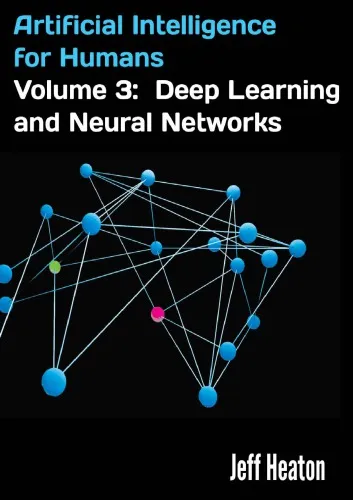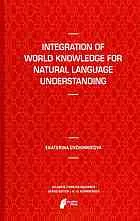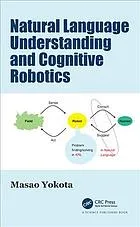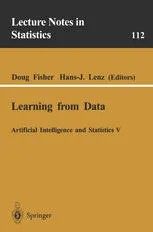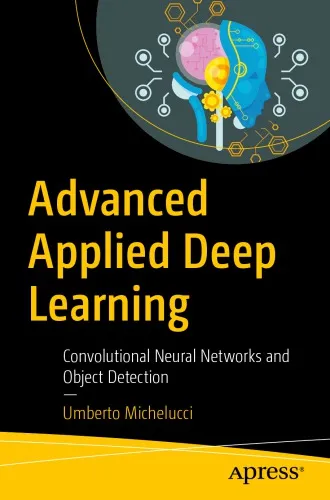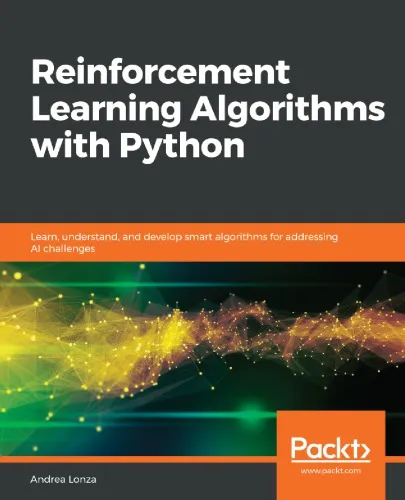The Logic of Adaptive Behavior: Knowledge Representation and Algorithms for Adaptive Sequential Decision Making under Uncertainty in First-Order and Relational Domains
5.0
Reviews from our users

You Can Ask your questions from this book's AI after Login
Each download or ask from book AI costs 2 points. To earn more free points, please visit the Points Guide Page and complete some valuable actions.Related Refrences:
Introduction
Welcome to an exploration of the intricate and fascinating domain of adaptive behavior and decision-making under uncertainty. "The Logic of Adaptive Behavior" delves deep into how intelligent systems can make informed decisions in complex and uncertain environments, using advanced knowledge representation and algorithms.
Detailed Summary of the Book
The book is a comprehensive guide that unpacks the sophisticated mechanisms of adaptive sequential decision-making within first-order and relational domains. It bridges the gap between theoretical foundations and practical implementations, leading the reader through a journey of understanding how intelligent agents can operate in environments where uncertainty is a fundamental characteristic. Throughout its chapters, the book provides a detailed exposition of the logical and algorithmic underpinnings necessary for the development of robust decision-making systems.
Addressing both foundational knowledge and cutting-edge advancements, the book outlines strategies for representing knowledge in forms that intelligent systems can process effectively. It introduces algorithms that allow these systems to adaptively learn and make decisions, even when faced with the unpredictable nature of real-world scenarios. From formal logic frameworks to practical algorithmic solutions, this book serves as a pivotal resource for anyone interested in artificial intelligence, cognitive sciences, and robotics.
Key Takeaways
- Uncertainty Management: Gain insights into managing uncertainty in decision-making processes using logical and probabilistic methods.
- Adaptive Algorithms: Explore various algorithms that enable systems to learn and adapt over time in complex environments.
- Knowledge Representation: Understand how knowledge can be modeled in relational and first-order formats to improve decision making.
- Application Domains: Discover the practical applications of these theories and algorithms in fields like robotics and cognitive AI.
- Integration of Disciplines: Learn how logic, AI, and machine learning can be integrated to build more sophisticated decision-making frameworks.
Famous Quotes from the Book
"In a world teeming with uncertainty, the ability to make informed, intelligent decisions remains the hallmark of advanced, adaptive systems."
"The evolution of intelligence is marked by the transition from reactive to anticipatory and eventually to adaptive behaviors."
Why This Book Matters
In a rapidly evolving technological landscape, the need for systems capable of making autonomous decisions in unpredictable environments is more pressing than ever. "The Logic of Adaptive Behavior" offers a robust framework for understanding and developing such systems. By bridging theoretical insights with practical applications, the book empowers researchers, students, and professionals alike to push the boundaries of what is possible in AI and robotics.
As industries become increasingly reliant on AI-driven solutions, understanding the logic and algorithms behind adaptive behavior will be crucial for future developments. This book provides a critical resource for those aiming to contribute to or understand the state-of-the-art in adaptive decision-making systems, highlighting its significance in the modern world and its potential impact on future innovations.
Free Direct Download
You Can Download this book after Login
Accessing books through legal platforms and public libraries not only supports the rights of authors and publishers but also contributes to the sustainability of reading culture. Before downloading, please take a moment to consider these options.
Find this book on other platforms:
WorldCat helps you find books in libraries worldwide.
See ratings, reviews, and discussions on Goodreads.
Find and buy rare or used books on AbeBooks.
1352
بازدید5.0
امتیاز0
نظر98%
رضایتReviews:
5.0
Based on 0 users review
Questions & Answers
Ask questions about this book or help others by answering
No questions yet. Be the first to ask!
